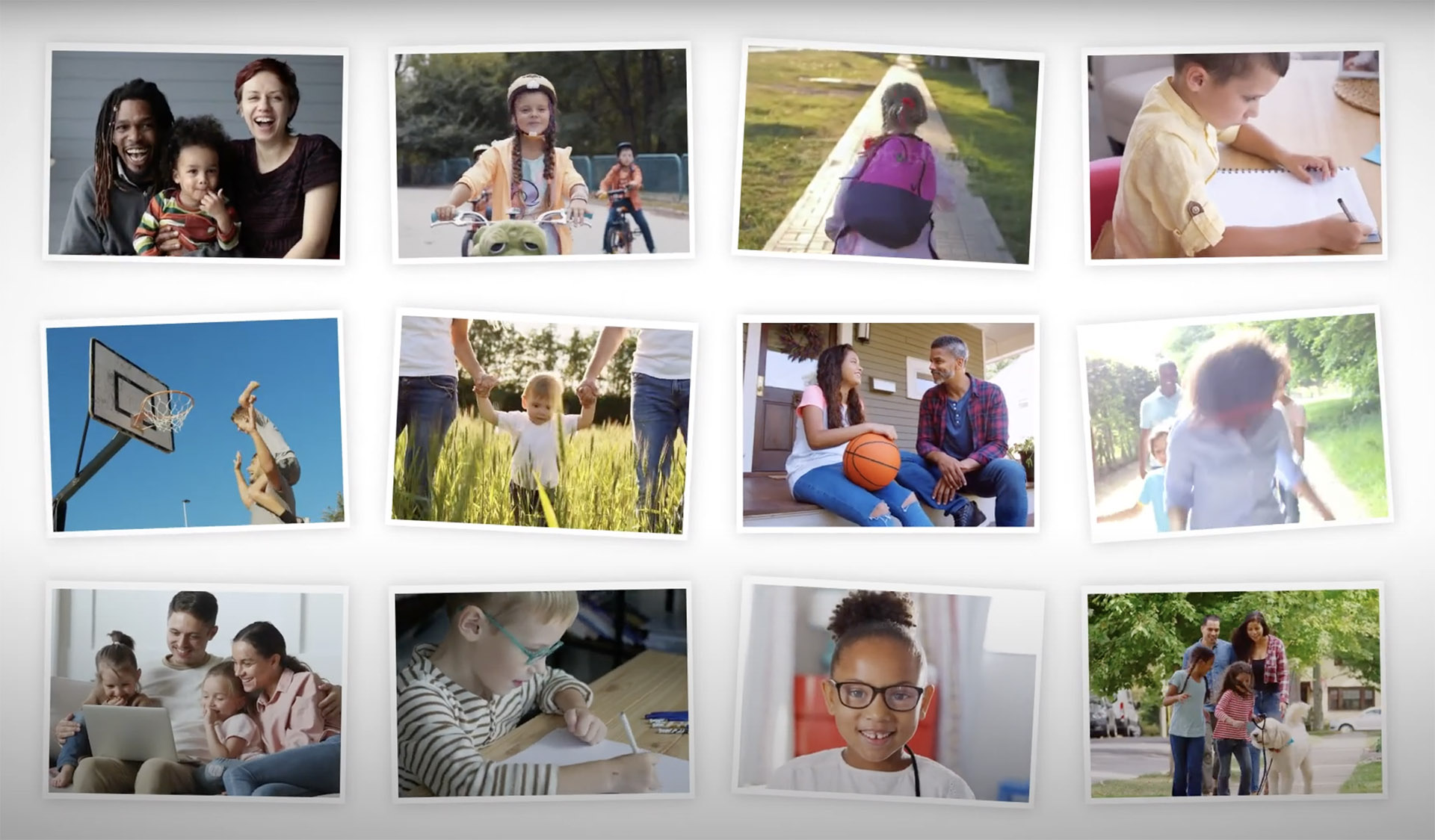There are many ways you can help TFI through giving. Our goal is to build better tomorrows for families and children which can be seen through our different programs and our work. By giving generously, you can help us change the life of a youth and become a part of our mission, Devoted to the Strength of Family.
You are making a difference by contributing to TFI. For children in the state’s care, being able to participate in school activities and sports can help them thrive when everything else in their life seems upside down. Whether it is belonging to a team headed to the championships, attending driver’s education program for a teen or accessing extra study help to get a high school diploma, your support matters.
Other donations may go towards education scholarships, increasing support for our independent living programs, parent training programs for foster families, respite care or ongoing upgrades that are necessary in our information management systems. All donations benefit our TFI Kids Fund, a giving fund benefiting children in foster care.


